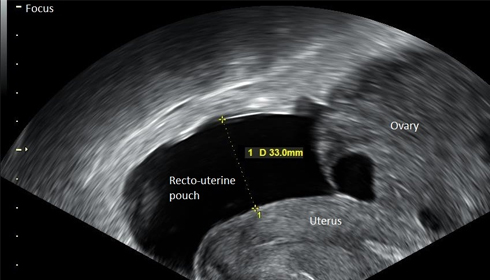
Ovary removal in women over 50 can affect long-term health, says study
A study conducted by Dr Michelle Mielke from Wake Forest University School of Medicine in Winston-Salem, North Carolina, U.S., and involved 274 female participants with a history of premenopausal bilateral oophorectomy and published in the Journal of the North American Menopause Society revealed that older women (aged 50 and above) undergoing surgical removal of their fallopian tubes and ovaries (oophorectomy) are at high risk of developing long-term medical issues and reduced physical functions.
Ovaries produce oestrogen, a female hormone,
responsible for menstrual cycle functions and affects various body systems
including cardiovascular, urinary, breast, skin, bones, pelvic muscles, hair,
and central nervous system.
U.S. scientists found that women aged 46–49 with a
history of PBO had a chance of developing cancer and sleep apnea. The women
participants who had the PBO procedure before age 46 had a high chance of
developing cancer and other conditions like asthma, broken bones, and sleep
apnea. Additionally, the youngest group in the study completed a shorter walk
of six minutes.
According to the experts, ovaries are surgically
removed for a variety of reasons, such as cancer, cysts, and other chronic
conditions. The findings from this study provide detailed information and help
in the decision-making process for patients with BRCA gene mutations, a major
factor that increases the risk of cancer.
Dr. Stephanie Faubion, director of women's health
at the Mayo Clinic, said, "The study is important because it emphasises
information that we already know, and the premenopausal bilateral oophorectomy
(PBO) is not good for women's health, and it's associated with increased odds
of several chronic diseases."
Pointing out the research, Dr JoAnn Manson, a
hospital chief at Brigham and Women’s Hospital and a professor at Harvard
Medical School, said, "It was very important that they were seeing more
adverse outcomes in terms of the six-minute walk test because that is a
predictor of several other adverse outcomes in the future, including premature
death and physical function."
She was the head researcher on a previous study
that demonstrated the risk of cardiac diseases and premature mortalities among
nurses with a history of PBO before age 50.
This study indicated that there was no significant
correlation between age and the PBO procedure. However, Dr Mary Jane Minkin, a
professor at the Yale School of Medicine who reviewed the findings, said,
"It is important to know about other studies these same researchers have
conducted. If you are under the age of 45, a previous paper from the Mayo
Clinic showed that women who took out their ovaries under the age of 45 and did
not get oestrogen replacement had about a threefold increased risk of developing
dementia later on in life."
Dr. Minkin further noted that the series of papers
and lines demonstrated the importance of oestrogen in human physiology. She
said, "That is really what it boils down to."
She further summarises the medical opinion on the surgical
removal of the ovaries. She argued that it is not necessary to remove the
ovaries until the age of 60 or 65. She advised that surgical removal of the
ovaries may not be the best option for women under the age of 50.
She further stated that women with a high risk of
cancer should have surgical removal. If the patient is young, then oestrogen
replacement therapy may be recommended, even for patients with BRCA gene
mutations, as long as they have not been diagnosed with cancer.